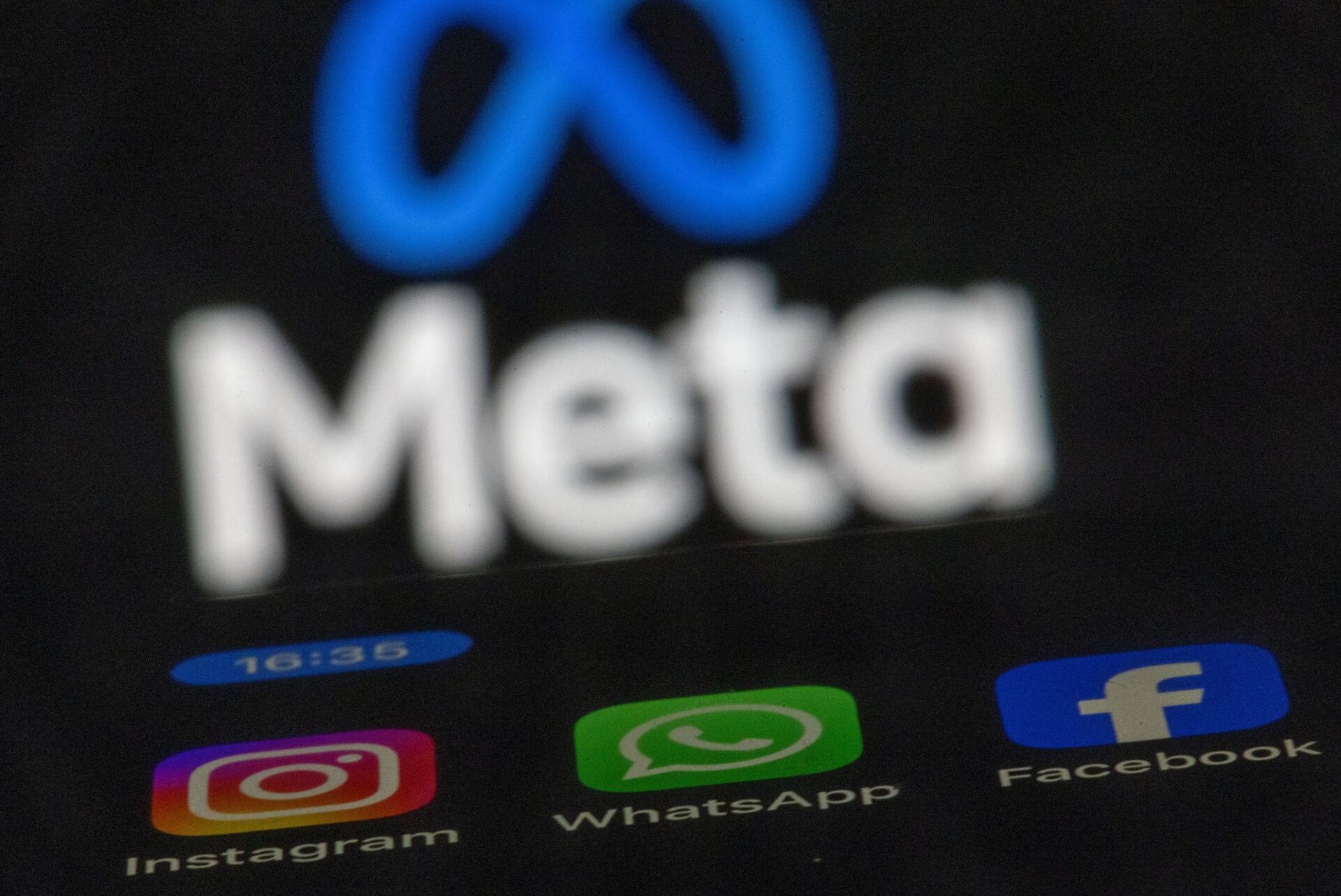Brussels – The European Commission is demanding more information from Facebook and Instagram parent company Meta about the discontinuation of the analysis tool CrowdTangle. The Brussels authority filed an information request based on the Digital Services Act (DSA), as it announced. Accordingly, Meta should explain how researchers will gain access to data that is publicly available on Facebook and Instagram’s online interface in the future. The company should also clarify how it will update its functions for monitoring elections and civil society discourse.
Critics criticize Meta’s alternatives to CrowdTangle
At the end of April, the Commission initiated proceedings against Meta, which have not yet been concluded. Among other things, it was criticized that no effective real-time tool for civil discourse and election monitoring was available. According to the Brussels authority, Meta then introduced new features in CrowdTangle – particularly public visual real-time dashboards for EU member states to enable third parties to conduct real-time discourse and election monitoring. These functions have now been discontinued.
Meta permanently shut down CrowdTangle on Wednesday. The analysis program was used, among other things, for monitoring social media posts and disinformation. According to Meta, other tools are supposed to replace CrowdTangle. However, critics complain that these provide less information and functionality.
Meta must provide information
According to the EU Commission, Meta must provide the requested information by September 6. Based on the answers, the next steps will be determined. If the company provides false, incomplete, or misleading information or refuses to answer the questions, the authority could impose fines.
The Digital Services Act (DSA) is intended, among other things, to ensure that platforms remove illegal content from their sites more quickly than before. It also makes it easier for users to report such content. In principle, large services have to follow more rules than small ones. (August 16)
 go to the original language article
go to the original language article
